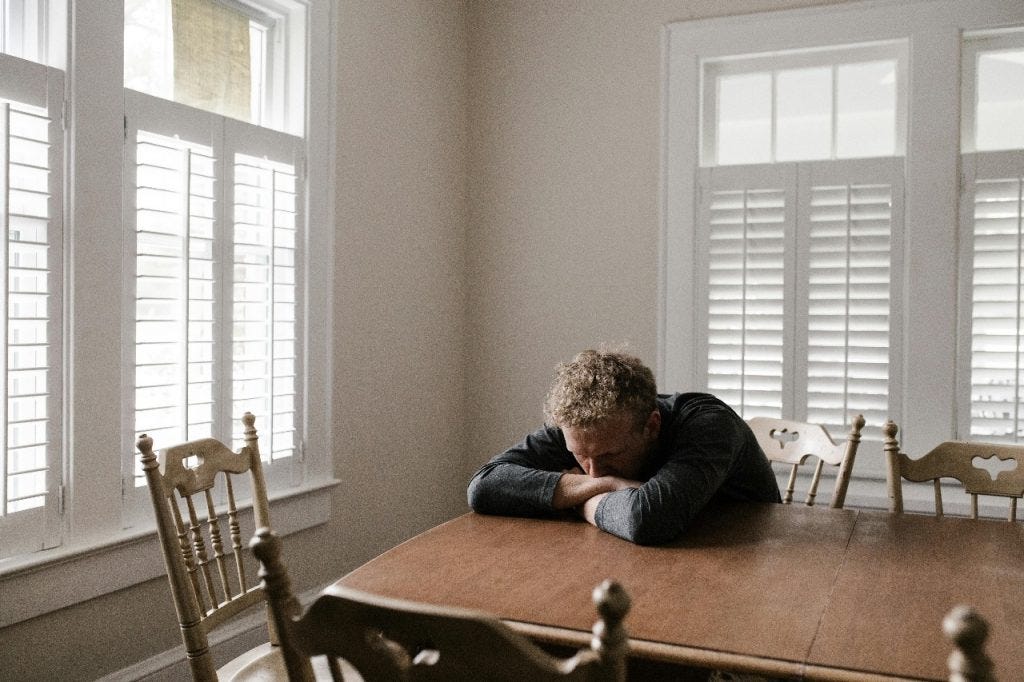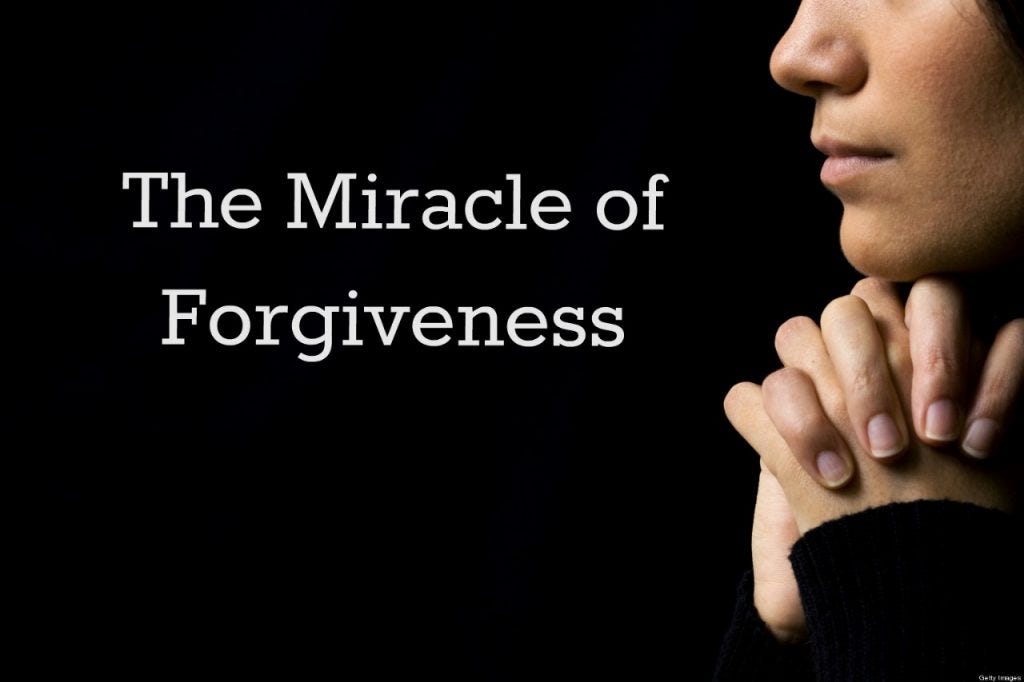Guilt, a powerful and complex emotion, can often weigh heavily on our hearts and minds when we’ve done something that goes against our values or has harmed others. It’s a natural response to recognizing our own mistakes and the impact they have had. However, dwelling in guilt can be detrimental to our well-being and hinder our ability to move forward. In this article, we will explore the process of acknowledging, accepting, and ultimately forgiving ourselves for past transgressions, offering insights and strategies to help navigate the path towards self-forgiveness.
Acknowledging Your Feelings
The first step in addressing feelings of guilt is acknowledging and accepting them. It’s crucial to recognize the weight of your actions on your conscience and understand the emotions that come with it. By facing these feelings head-on, you begin the process of self-awareness and reflection. Acknowledging your guilt allows you to confront the reality of what you’ve done and the impact it has had on others. This self-awareness is the foundation upon which you can start the journey towards healing and personal growth.
Taking Responsibility
After acknowledging your feelings of guilt, the next step is to take responsibility for your actions. Taking responsibility means owning up to your mistakes and understanding the consequences of your behaviour. By accepting the role you played in the situation, you demonstrate accountability and a willingness to face the repercussions of your actions. Understanding the full impact of your behaviour on yourself and others is essential for personal growth and learning from the experience. Embracing responsibility empowers you to make amends, seek forgiveness, and move forward with integrity and a commitment to positive change.
Learning from Your Mistakes
Every mistake presents an opportunity for personal growth and learning. When you find yourself grappling with feelings of guilt, view it as a chance to reflect on what led you to act in a certain way and what you can do differently in the future to avoid making the same mistake. By examining the circumstances that influenced your behaviour, you gain valuable insights into your motivations, triggers, and areas for improvement. This introspection allows you to develop strategies to prevent similar mistakes in the future and cultivate self-awareness, resilience, and ethical decision-making.
Practice Self-Forgiveness
One of the most challenging yet crucial aspects of dealing with guilt is practicing self-forgiveness. It’s essential to forgive yourself for your mistakes and shortcomings. Understand that making mistakes is an inherent part of being human, and nobody is perfect. Be kind to yourself and work on self-forgiveness as a form of self-care and personal growth. Show yourself compassion and understanding, releasing feelings of guilt and shame. Embrace self-forgiveness as a journey towards self-acceptance, self-love, and emotional healing.
Give It Time
Healing from feelings of guilt is not a quick or linear process. It takes time, patience, and self-compassion to navigate through the complex emotions that come with acknowledging and accepting your mistakes. Be patient with yourself and allow the necessary time to process your emotions and move forward. Understand that emotional wounds do not heal overnight and that it’s okay to take the time you need to reflect, learn, and grow from the experience. Giving yourself the space to heal gradually will help foster inner peace, acceptance, and renewal.
Seek Support and Guidance
Seeking support and guidance from trusted individuals can be instrumental in navigating the complex emotions associated with guilt and self-forgiveness. Talking to a friend, family member, therapist, or counselor about your feelings can provide you with a safe space to express yourself, gain perspective, and receive support.
Trusted individuals can offer empathy, understanding, and valuable insights that can help you process your emotions and work through feelings of guilt. They can also provide guidance on how to approach making amends, seeking forgiveness, and developing a plan for personal growth and positive change.
Additionally, participating in support groups or seeking guidance from spiritual or religious leaders can offer you a sense of community and shared experiences with others who may be going through similar struggles. Connecting with others who have faced similar challenges can provide you with a sense of validation, acceptance, and encouragement as you work towards self-forgiveness.
Engage in Self-Reflection and Mindfulness Practices
Self-reflection and mindfulness practices can be powerful tools in the process of self-forgiveness and healing from feelings of guilt. Take time to reflect on the circumstances that led to your actions, your motivations, and the impact of your behavior on yourself and others.
Engaging in mindfulness practices, such as meditation, deep breathing exercises, or journaling, can help you cultivate self-awareness, presence, and emotional regulation. Mindfulness can also help you observe your thoughts and feelings without judgment, allowing you to develop a sense of compassion and understanding towards yourself.
By incorporating self-reflection and mindfulness into your daily routine, you can develop a deeper understanding of yourself, your values, and your triggers. These practices can help you navigate through feelings of guilt, process your emotions, and cultivate a sense of inner peace and acceptance.
Practice Acts of Kindness and Gratitude
Engaging in acts of kindness and expressing gratitude can be transformative in the journey towards self-forgiveness and healing. By focusing on helping others and showing appreciation for the positive aspects of your life, you can shift your perspective from self-blame to self-compassion.
Volunteering, helping a friend in need, or performing random acts of kindness can create a sense of connection, purpose, and fulfilment. These actions can also help you see the positive impact you can have on others, reinforcing feelings of self-worth and empathy.
Practicing gratitude by keeping a gratitude journal or simply reflecting on the things you are thankful for can cultivate a sense of appreciation and contentment. By focusing on the good in your life, you can counteract negative feelings of guilt and shame, leading to a more positive and balanced outlook.
Set Boundaries and Practice Self-Care
Setting boundaries and practicing self-care are essential components of self-forgiveness and emotional healing. Establishing boundaries around negative self-talk, self-criticism, and rumination can help you create a safe and nurturing space for yourself to process your emotions and cultivate self-compassion.
Practice self-care activities that nourish your mind, body, and soul, such as exercise, healthy eating, adequate sleep, hobbies, and relaxation techniques. Taking care of your physical and emotional well-being is crucial in the process of self-forgiveness, as it helps you build resilience, manage stress, and foster a positive self-image.
Remember that self-forgiveness is a journey. It’s normal to have setbacks, doubts, and moments of self-doubt along the way. Be patient with yourself, show yourself kindness and understanding, and trust the process of healing and growth. Celebrate your progress, no matter how small, and acknowledge the courage it takes to confront your mistakes and work towards self-forgiveness.
As you continue on your journey towards self-forgiveness, remember that it is okay to seek professional help if you feel overwhelmed or stuck in your process. A therapist or counsellor can provide you with additional tools, support, and guidance to navigate through feelings of guilt and shame effectively.
Ultimately, the path to self-forgiveness is a deeply personal and transformative experience. By acknowledging your feelings, taking responsibility, learning from your mistakes, practicing self-forgiveness, giving yourself time, seeking support, engaging in self-reflection, practicing acts of kindness and gratitude, setting boundaries, and practicing self-care, you can embark on a journey of healing, growth, and self-compassion.
Embrace the process with patience, self-compassion, and an open heart, knowing that self-forgiveness is a powerful act of self-love and acceptance. By confronting your guilt, working through your emotions, and committing to personal growth, you can pave the way for a brighter, more empowered future filled with self-acceptance, inner peace, and a renewed sense of purpose. Remember, you are worthy of forgiveness and deserving of the opportunity to move forward with grace and resilience.
If you would like to become a supporter of Buddhism Guides work, such as podcasts, blogs, videos and guided meditation practices, please visit here. You can support for as little as $2 a month.




